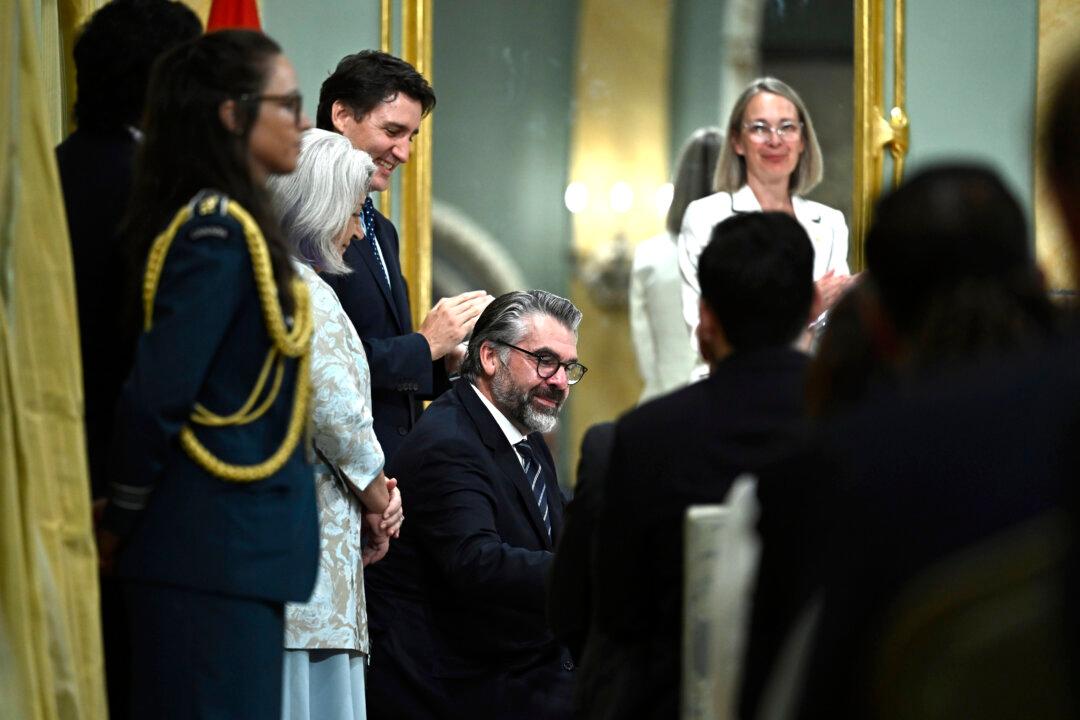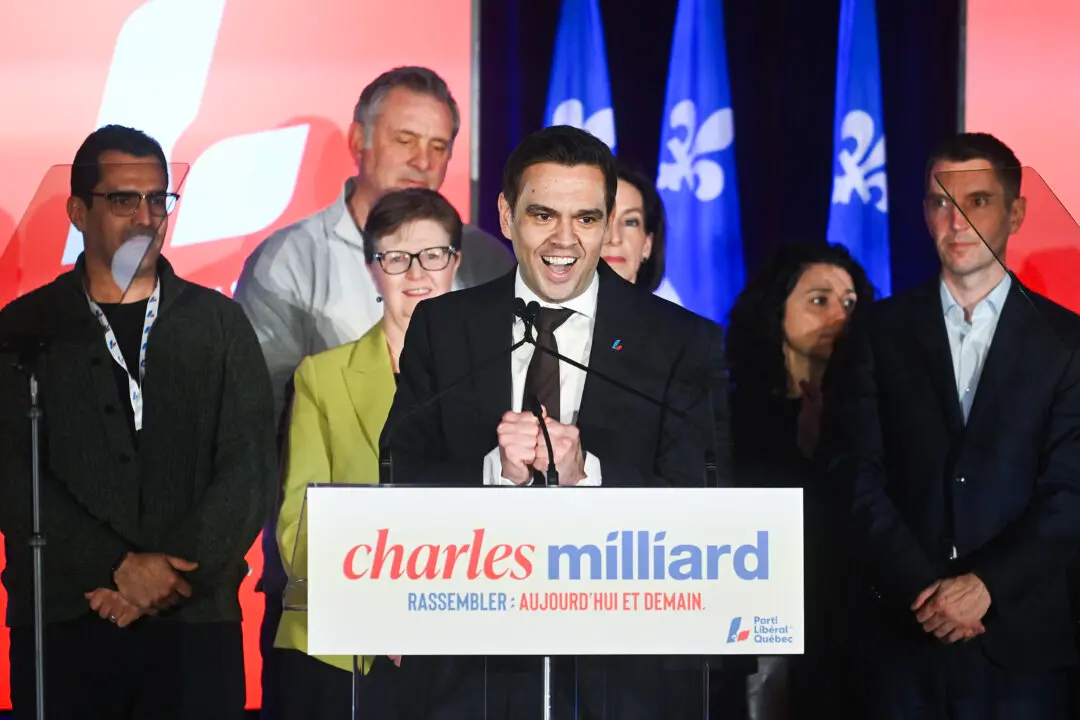Canada’s senior public servant has invited his provincial and territorial counterparts to apply for top secret-level security clearance as a way of fostering “healthy, transparent dialogue” on foreign interference and other threats.
In a July 11 letter to the heads of public services across the country, John Hannaford, clerk of the Privy Council, said that obtaining the clearance would allow the Privy Council Office and other federal security agencies to offer regular, intelligence-informed briefings.





